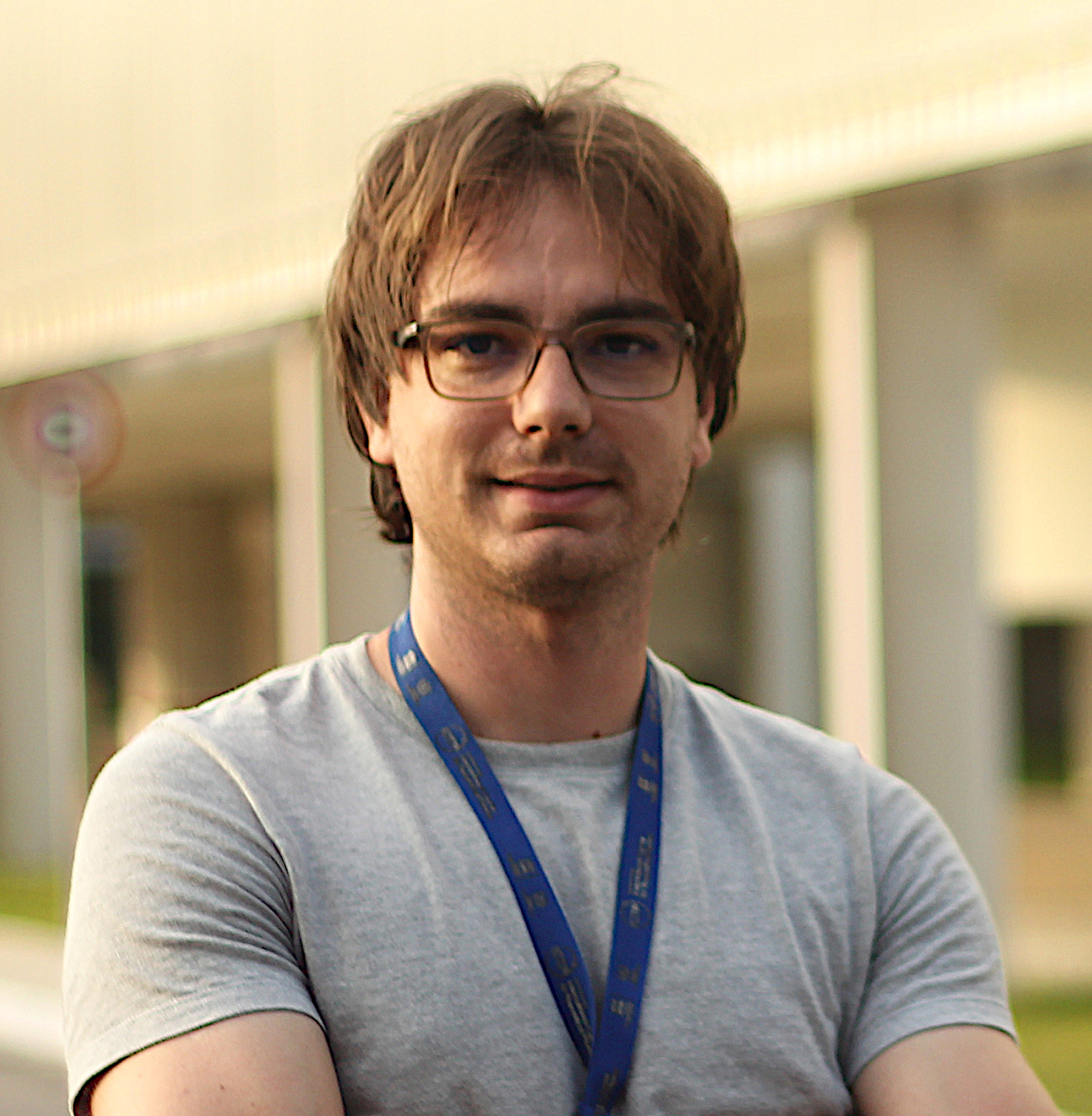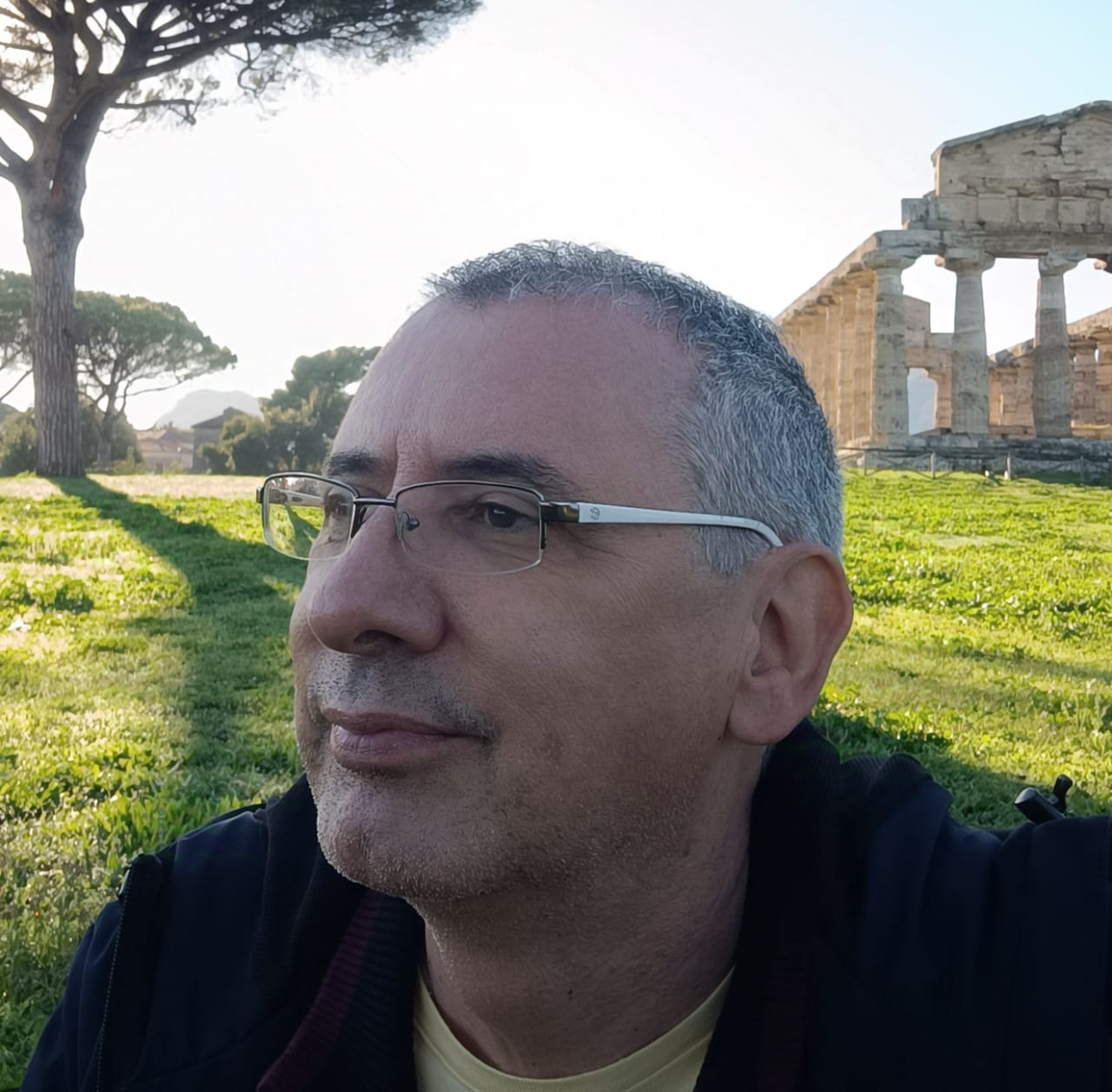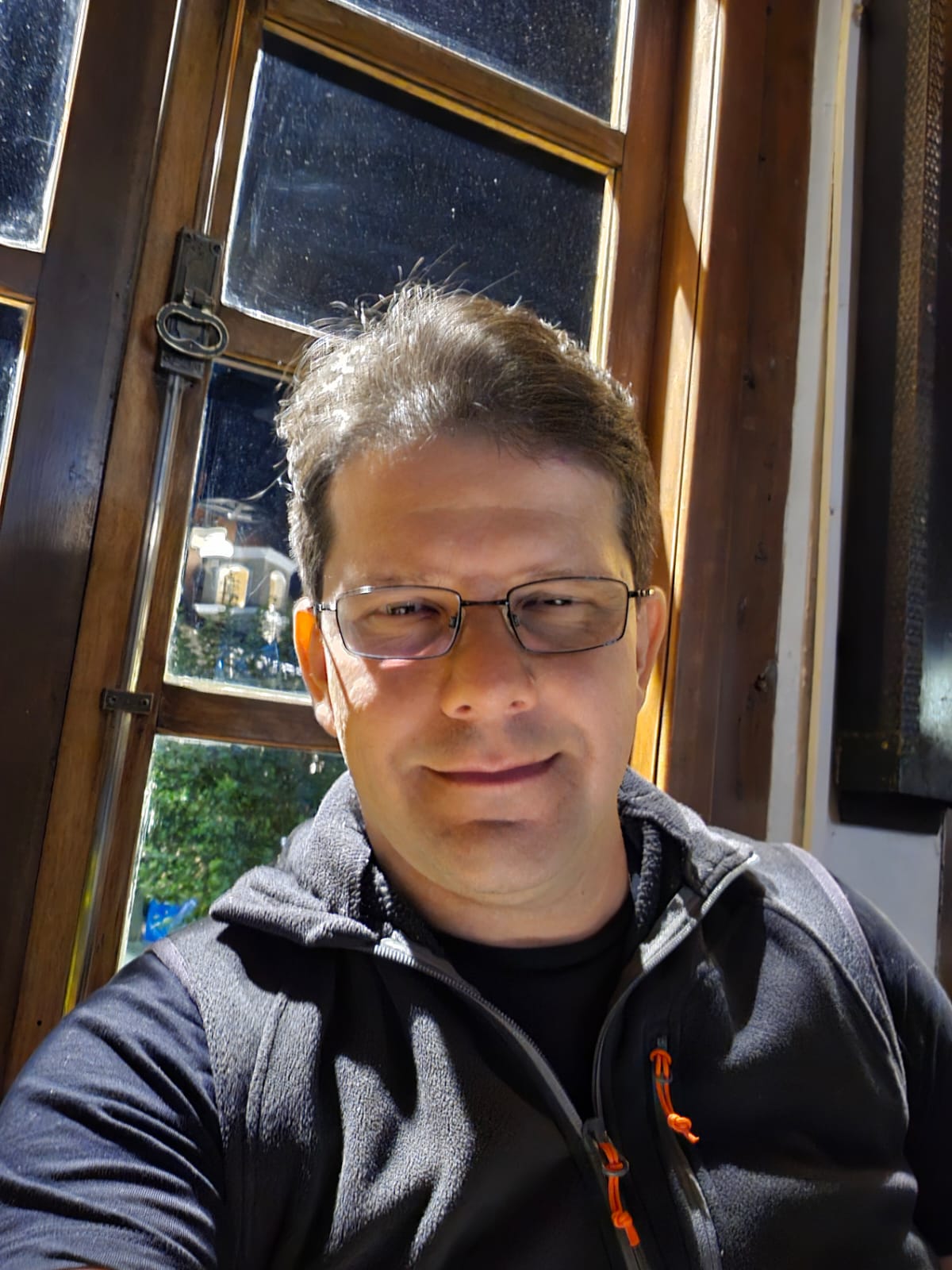M.Eng. Marco Hidalgo
Marco received B.S. degrees in Aeronautical Engineering and Scientific Computing from the University of Taubaté (UNITAU), Brazil. He also holds a Master of Engineering degree in Aerospace Engineering from the Aeronautics Institute of Technology (ITA), São José dos Campos, Brazil, and the Moscow Aviation Institute (MAI), Russia, through the Brazil/Russia Bilateral Aerospace Program.
Since joining the Institute for Advanced Studies (IEAv), Aerospace Science and Technology Department (DCTA), Brazilian Air Force, he has been a Visiting Researcher. He is involved in the ERISA-D project, managed by Claudio Antonio Federico, focusing on the harmful effects of ionizing radiation on crews, aerospace systems, and defense. Marco developed Brazil's first comprehensive platform for calculating the cosmic radiation environment, addressing concerns about radiation exposure at high altitudes for flight crews and frequent flyers.
His professional background includes roles as a Collaborating Researcher with various technical expertise at IEAv/DCTA, IEA/DCTA, ITA/DCTA, LCFT/ITA-PETROBRAS, CTE/INPE, DEA/INPE, DSS/INPE, CPTEC/INPE, FACTI, and as a voluntary engineer at VSAT Aerospace S/A. In addition, Marco currently works with KVANTUM TECHNOLOGY & INNOVATION Ltda., where he is actively contributing to the development of the first South American Framework for Trajectory Optimization and Vehicle Design, a pioneering initiative in the Brazilian aerospace industry. His expertise in computational modeling and system optimization is being applied to create innovative frameworks for improving vehicle performance and trajectory planning in the region.
Marco collaborated as a software developer with Dr. Maurício Pazianotto in the software development cycle of the Radiation Environment Platform (REP) ver. 1.90 Alpha, beginning with the preprocessing of simulation data in a cluster environment and advancing towards the development of the software product. Leveraging expertise from Dr. Pazianotto's doctoral thesis, their combined efforts significantly contributed to the ERISA-D project's goals, improving safety measures against radiation exposure in aviation.


